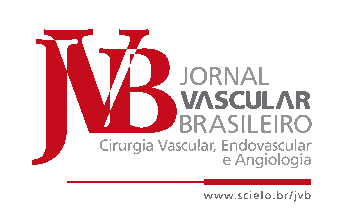BACKGROUND: Surgical wound infection is a severe complication of peripheral vascular surgery. The recent appearance of resistant and aggressive pathogens brings new concerns related to the management of these infections. OBJECTIVE: To verify the prevalence of bacterial resistance, epidemiology, possibly associated factors and resistance patterns in wound infections of peripheral arterial surgeries. METHODS: Prevalence study of 40 patients with surgical wound infections submitted to peripheral arterial revascularization procedures between January 2007 and May 2008. RESULTS: Mean age was 64.2 years, males represented 70% of all cases. The overall prevalence of bacterial resistance was 72.5% and multiresistance 60%. The commonest single cultured microorganism was the Staphylococcus aureus (40%), and 11 of 16 cultures (68.7%) were oxacillin-resistant. Prevalence of resistance to the main tested antibiotics: ampicillin 85.7%; cephalosporin 76.9%; oxacillin 65%; and ciprofloxacin 62.5%. Resistance to vancomycin and imipenem was not identified. CONCLUSIONS: The findings of this study suggest that bacterial resistance is a prevalent and current problem in peripheral vascular surgeries. Staphylococcus aureus is still the most frequently involved pathogen, showing high resistance rates. Vancomycin and imipenem are still the best therapeutic options to treat these infections.
Surgical wound infection; drug resistance; surgery




